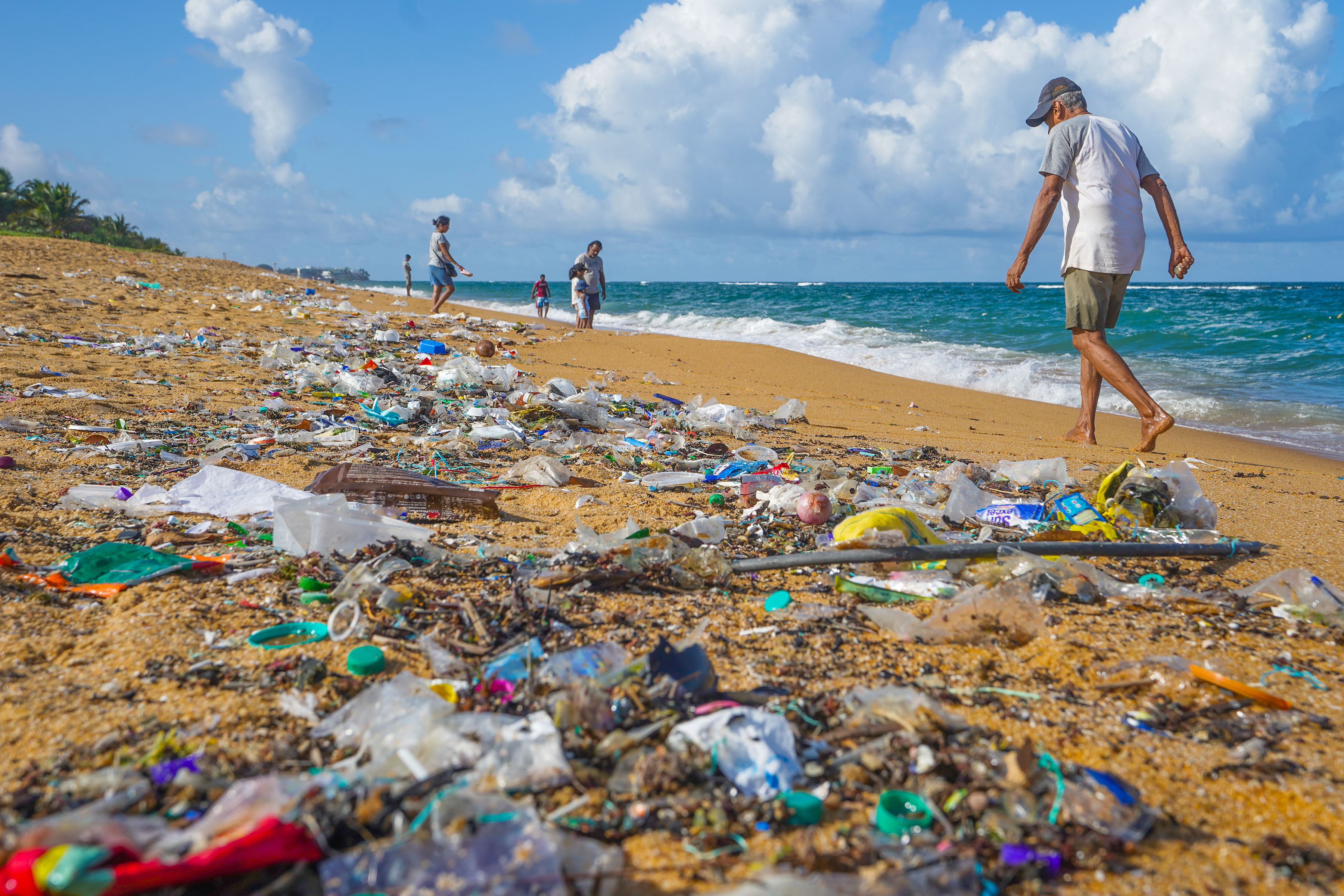Global Push for Plastic Bans and Eco-Friendly Initiatives Gains Momentum
 January 15, 2025
January 15, 2025
In a bid to combat plastic pollution and foster sustainable living, countries worldwide are intensifying efforts to enforce bans on single-use plastics and promote eco-friendly alternatives. From legislative reforms to community-driven campaigns, the global fight against plastic waste is reshaping industries and consumer habits.
Policy Enforcement Tightens Across Regions
Governments are stepping up regulatory measures to curb plastic use. In India, the state of Maharashtra expanded its plastic ban to include all non-biodegradable packaging materials, with fines of up to $2,500 for violations. Meanwhile, Kenya introduced stricter penalties for illegal plastic imports, aiming to protect its coastlines and marine ecosystems.
Innovative Alternatives Take Center Stage
Biodegradable materials and reusable packaging are emerging as viable substitutes. European Union-funded research projects have accelerated the development of seaweed-based packaging and mushroom-derived materials, offering eco-friendly options for food and consumer goods. In Indonesia, a startup launched edible coffee cups made from cassava starch, reducing waste in the hospitality sector.
Corporate Commitments Drive Market Shifts
Major brands are aligning with sustainability goals. Coca-Cola pledged to use 100% recyclable packaging by 2030, while IKEA announced plans to eliminate single-use plastics in its stores globally by 2026. Retailers in Australia are incentivizing customers with discounts for bringing reusable containers, fostering a culture of circular consumption.
Community-Led Initiatives Spark Grassroots Change
Local movements are gaining traction. In Brazil, the "Zero Plastic Rio" campaign mobilized thousands of volunteers to clean beaches and educate communities about plastic pollution. Similarly, South Africa launched a "Plastic-Free July" challenge, encouraging citizens to avoid single-use plastics for a month.
Technological Advancements Aid Waste Management
AI-powered sorting systems and blockchain-based recycling platforms are enhancing waste recovery. China deployed smart bins in urban areas that reward users for recycling with digital credits, while Singapore tested underwater drones to monitor plastic debris in rivers and oceans.
Challenges and Future Outlook
Despite progress, challenges remain. Poor waste infrastructure in developing nations and resistance from plastic manufacturers hinder full-scale adoption. However, international collaborations, such as the Global Plastic Action Partnership, are fostering cross-border solutions.
"The transition to a plastic-free future requires collective action," said Dr. Jane Foster, a marine biologist at the UN Environment Programme. "Governments, businesses, and individuals must work together to redefine consumption patterns and invest in sustainable innovations."
As the global community unites in this environmental endeavor, the momentum toward a greener planet continues to build, one reusable bag and biodegradable straw at a time.
By Emily Green, Environmental Correspondent
Global Environment News Network
Word Count: 520
Keywords: Plastic ban, sustainability, biodegradable materials, corporate responsibility, circular economy.


